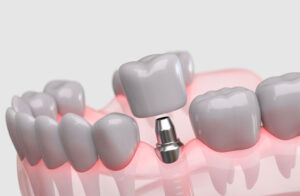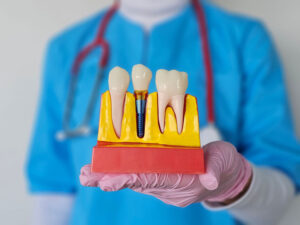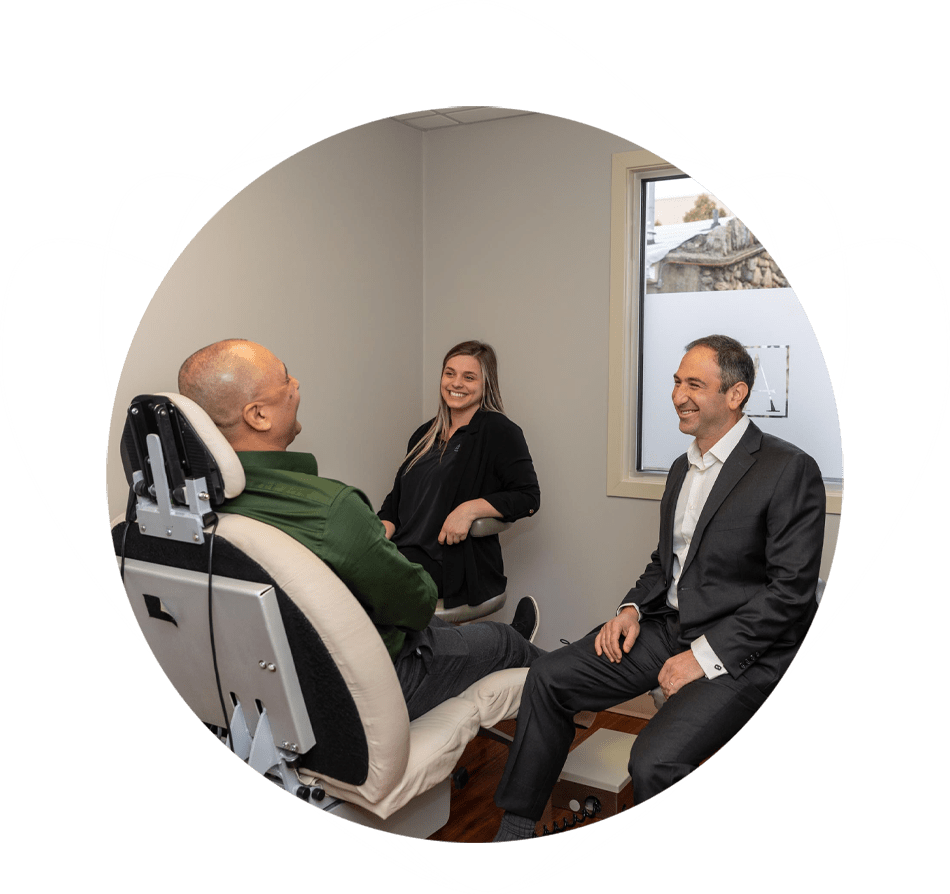If you suffer from frequent headaches or are trying to better understand one, you should know that not all headaches are created equal. Some headaches can range from a minor nuisance to completely debilitating, and understanding things like the severity and symptoms can help you to better control them in the future. Different headaches have different causes and different treatments. Learning more about your headache can put you on the path to a more productive life.
Migraine Headache
Though many recognize the term migraine headache, we tend to misidentify these types of headaches for more common ones. Migraines are generally described as one-sided, or unilateral, headache that causes throbbing or pulsing pain that worsens with physical activity, such as walking to the bathroom. Pain felt during a migraine can range from moderate to severe, and is associated with nausea, vomiting, and sensitivity to light, smell, and sound.
While the cause of migraines is not yet known, many migraine sufferers have been able to identify clear triggers. For some, this could be diet related, such as caffeine, alcohol, and foods such as chocolates, cheese, and citrus fruit. For others, triggers could be physical exhaustion, depression, or anxiety. TMJ has also been known to cause migraines in some, as it can overstimulate the trigeminal nerve.
Tension Headache
Tension headaches are one of the most common headaches, and are often misdiagnosed as migraines. These types of headaches tend to produce a pressure or tightness in the head, sort of like a squeezing sensation. The pain is typically mild to moderate, but can sometimes trigger migraines. Tension headaches are believed to be caused by muscle contractions in the head or neck which stimulate a headache response. More commonly, those with TMJ are known to have tension headaches caused by muscle contractions and soreness in the jaw.
Cluster Headache
Cluster headaches are a very rare type of headache that affect less than one percent of the population. The pain experienced during a cluster headache is known to feel like a piercing sensation which is extremely severe, lasting between 10 minutes to 3 hours. Little is known about what causes cluster headaches, but it’s possible they could be triggered by certain foods.
If you suffer from frequent headaches, it’s helpful to try and catalogue the type of pain you’re feeling, the location, severity, and any activities or food that may have caused it. By closely keeping track of the occurrence of these headaches, it can help you to better communicate with a doctor and possibly find a better management system.
If you think you may have TMJ, seeking treatment from your dentist could improve your symptoms.
If you are in the Westchester County, New York area and believe you may be suffering from symptoms caused by TMJ, please contact experienced neuromuscular dentist Dr. George Sepiashvili for an initial TMJ consultation.





